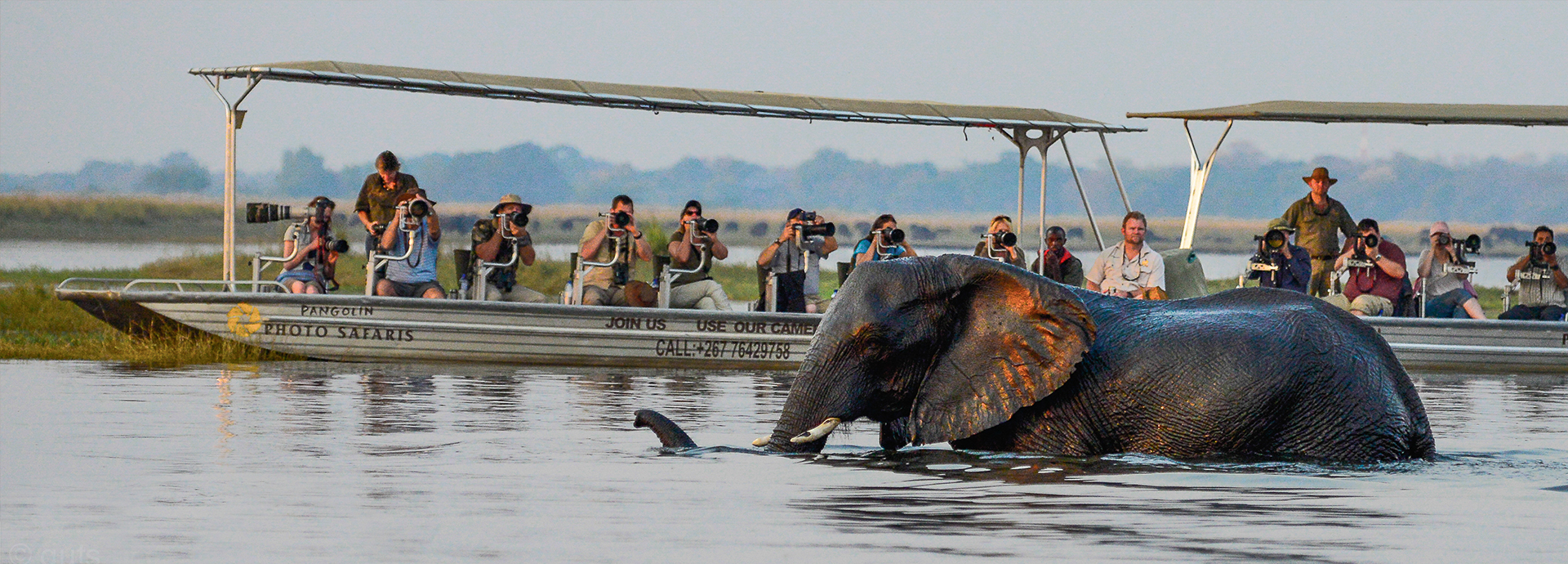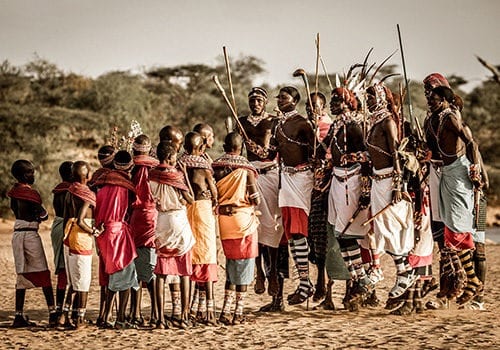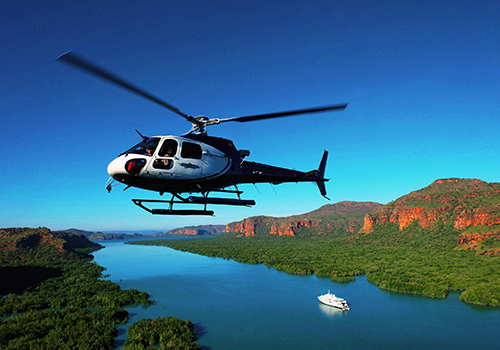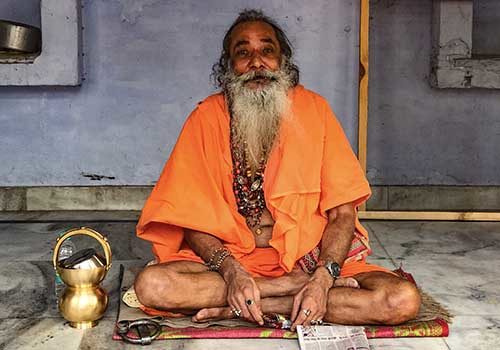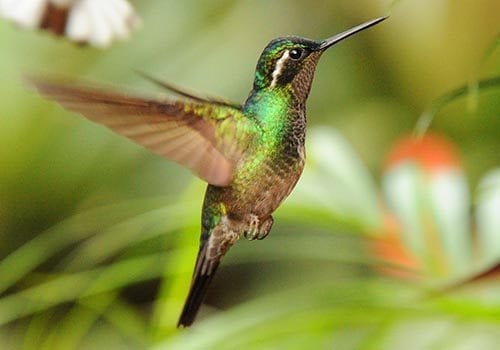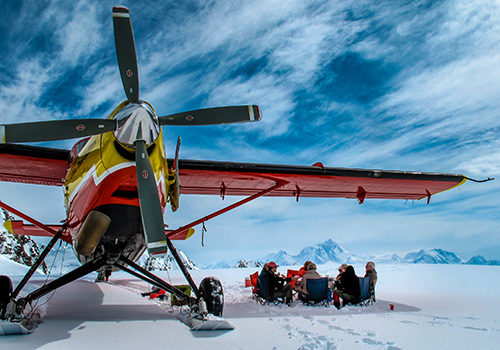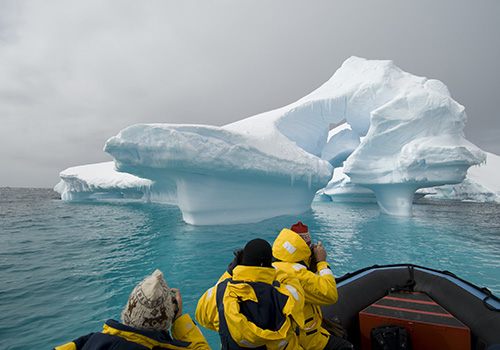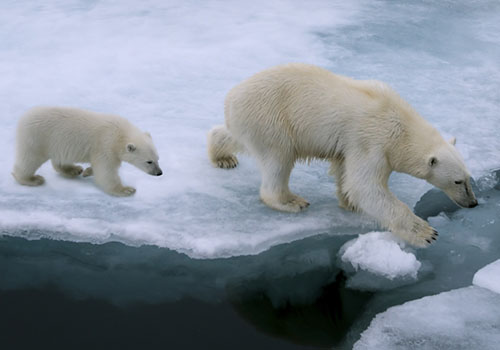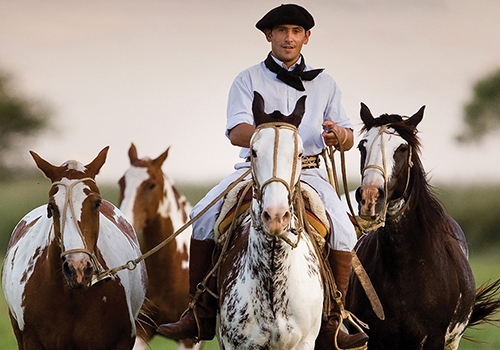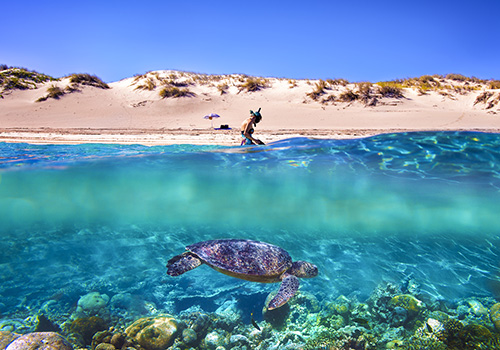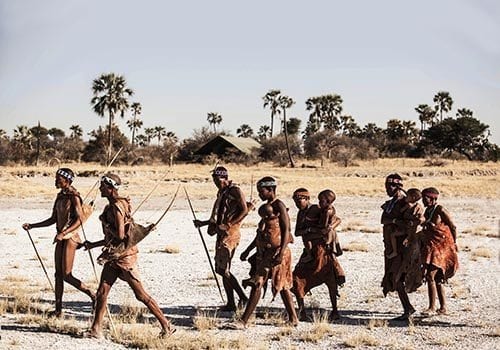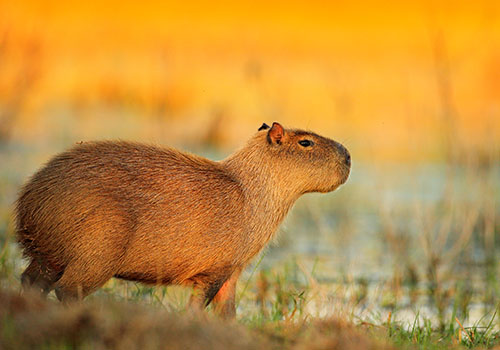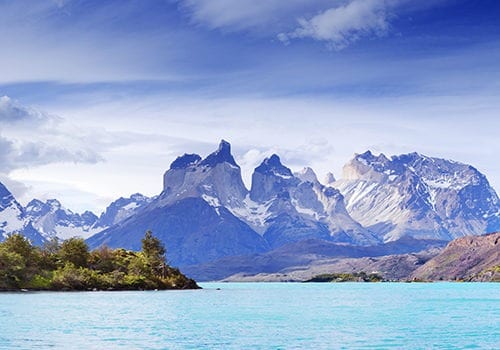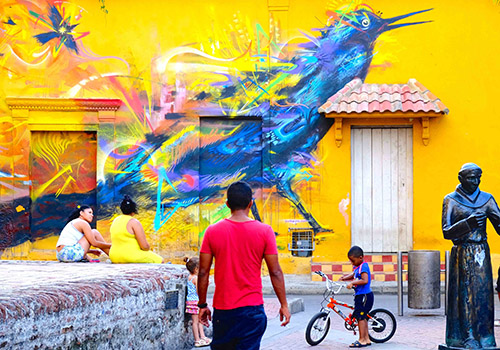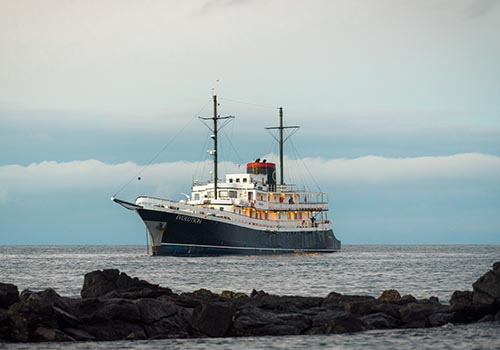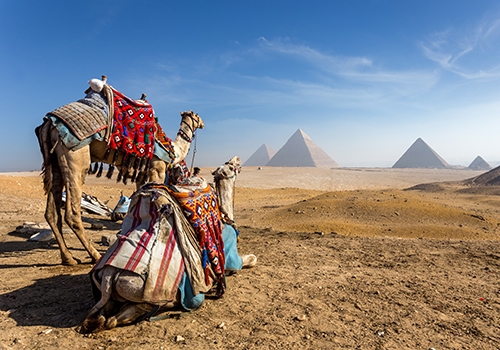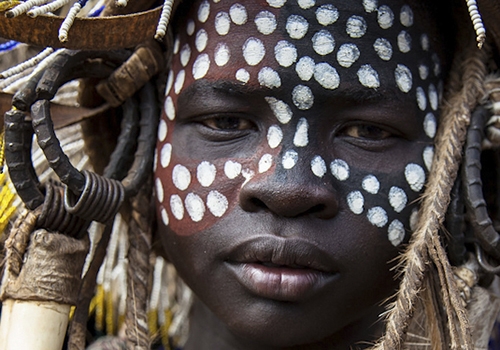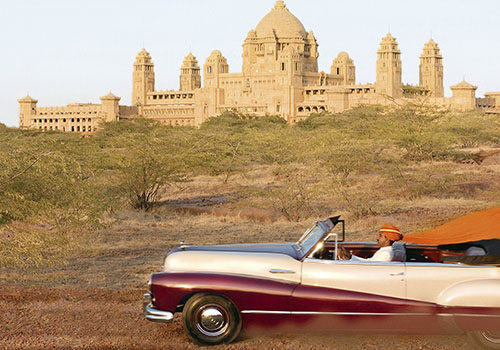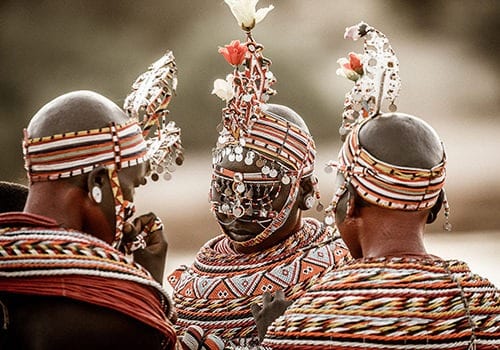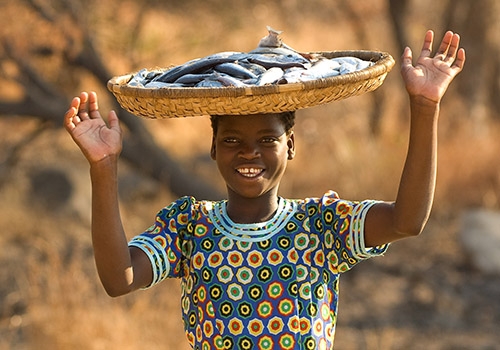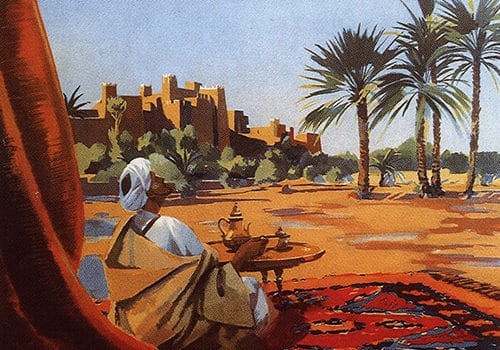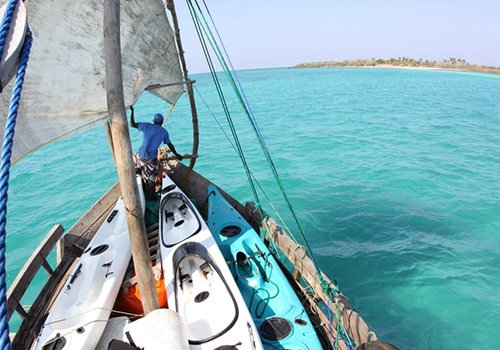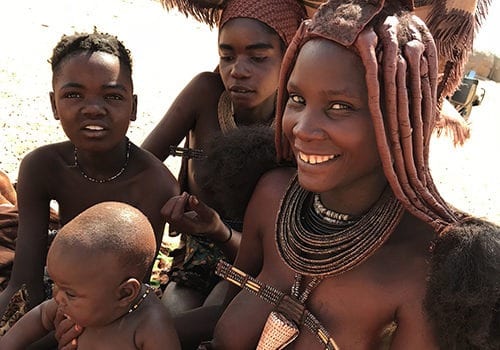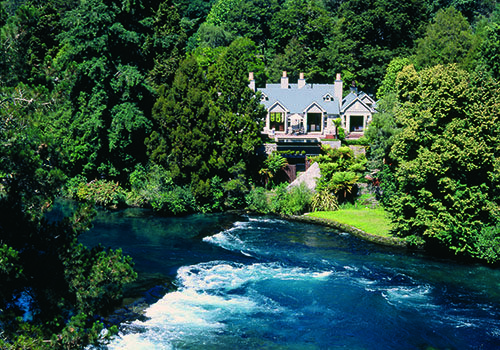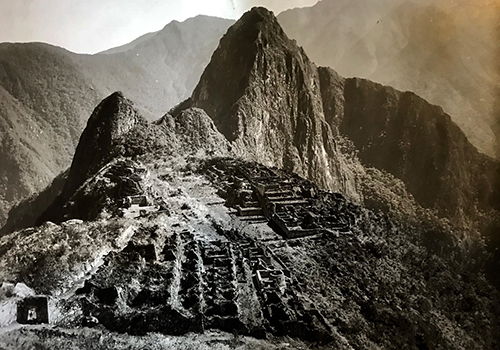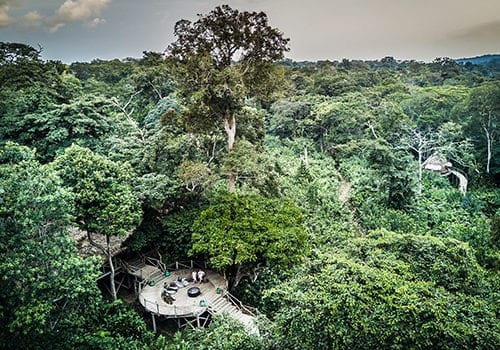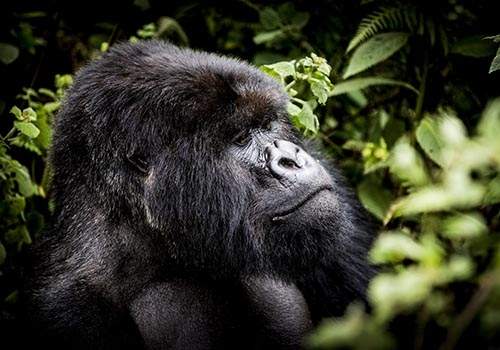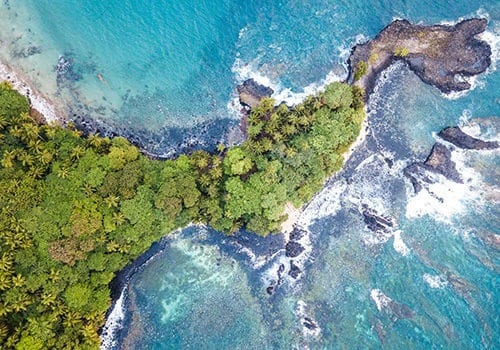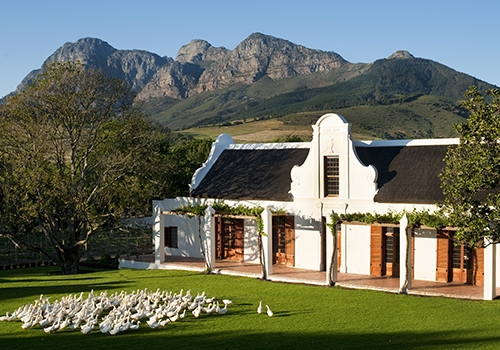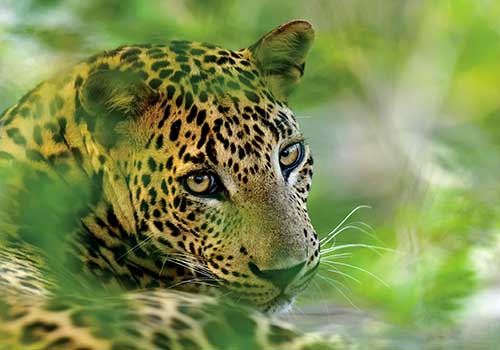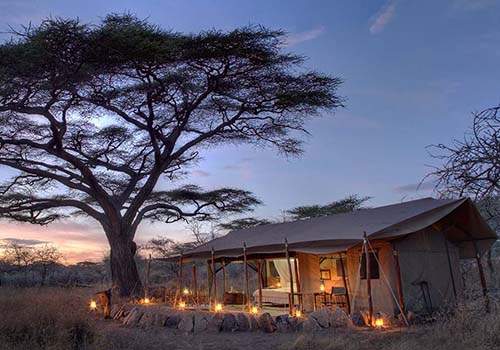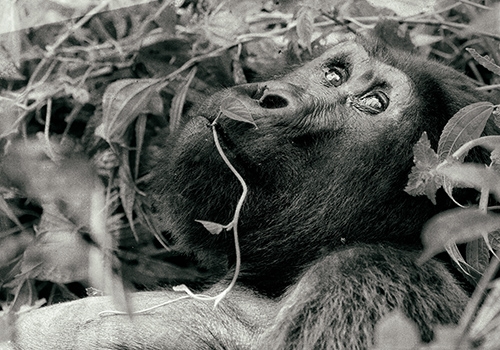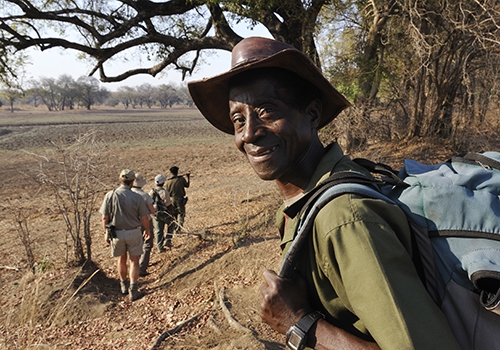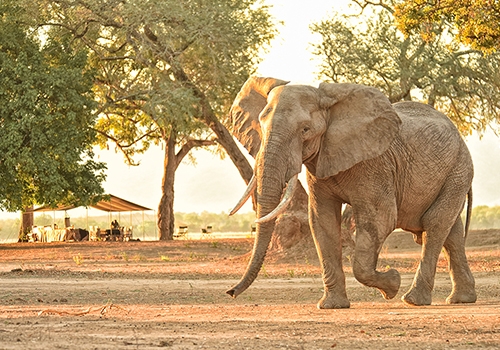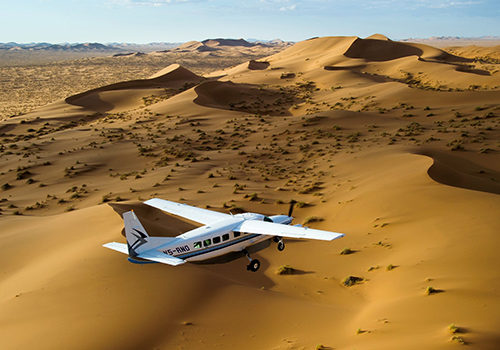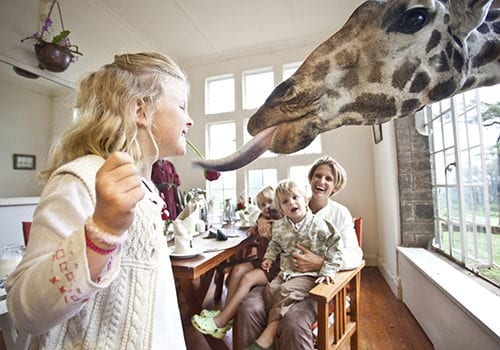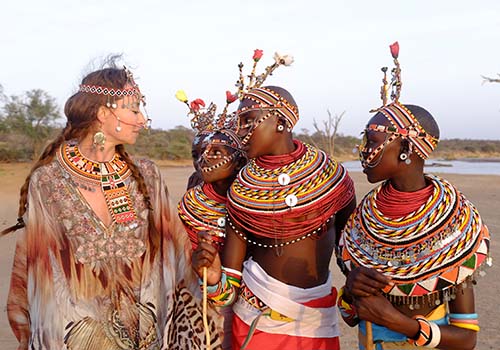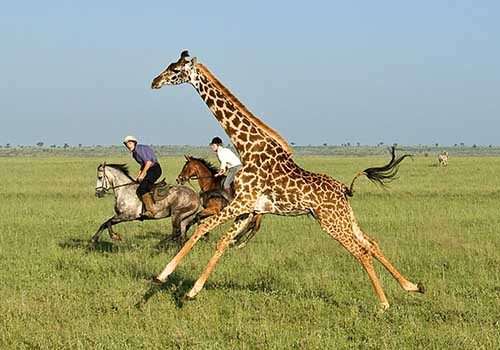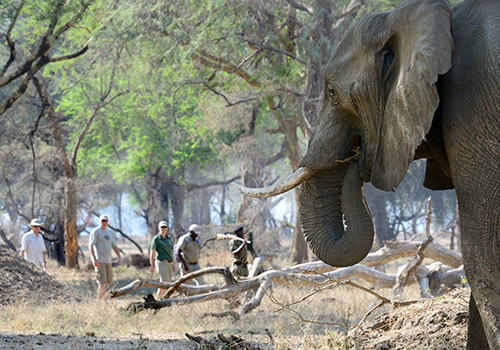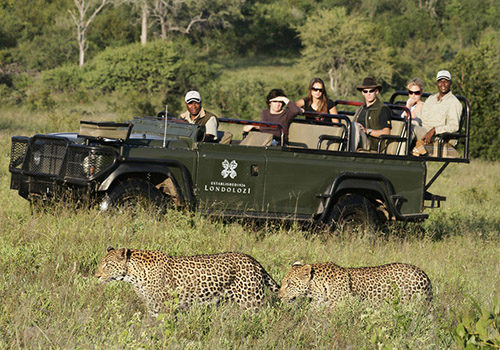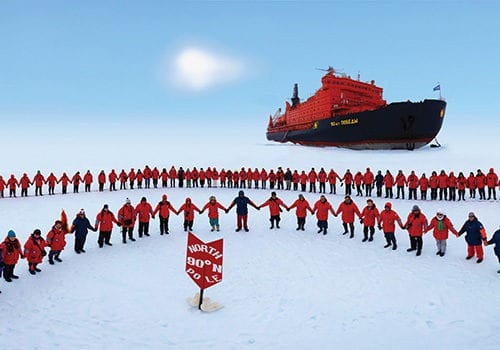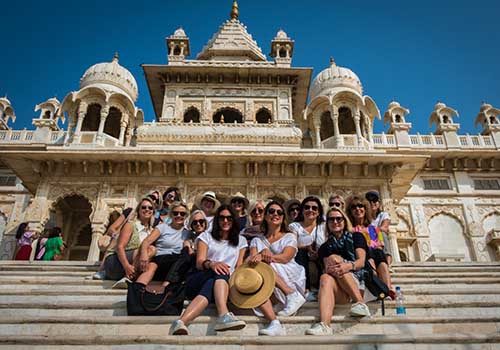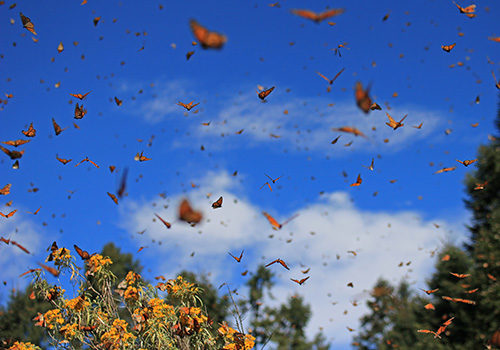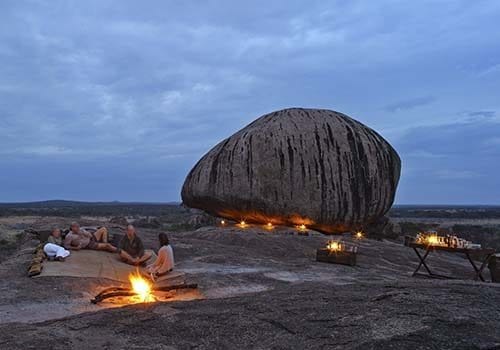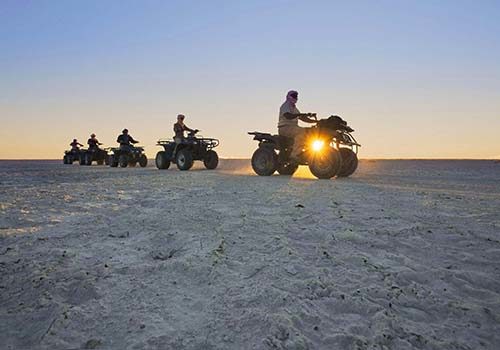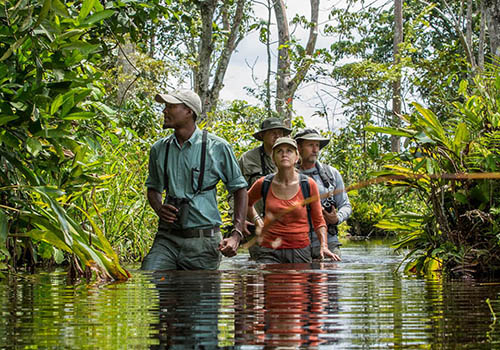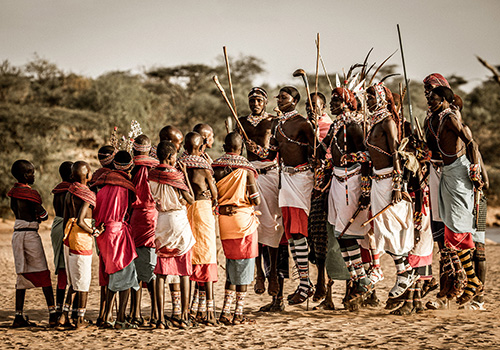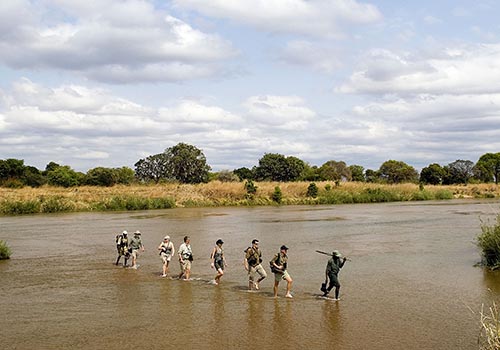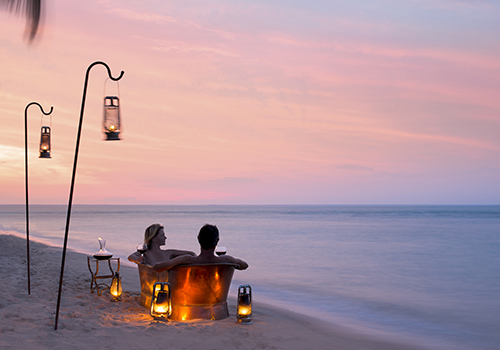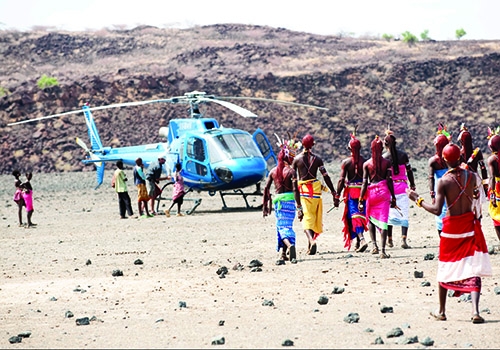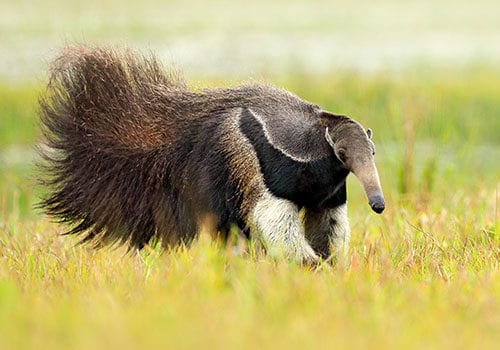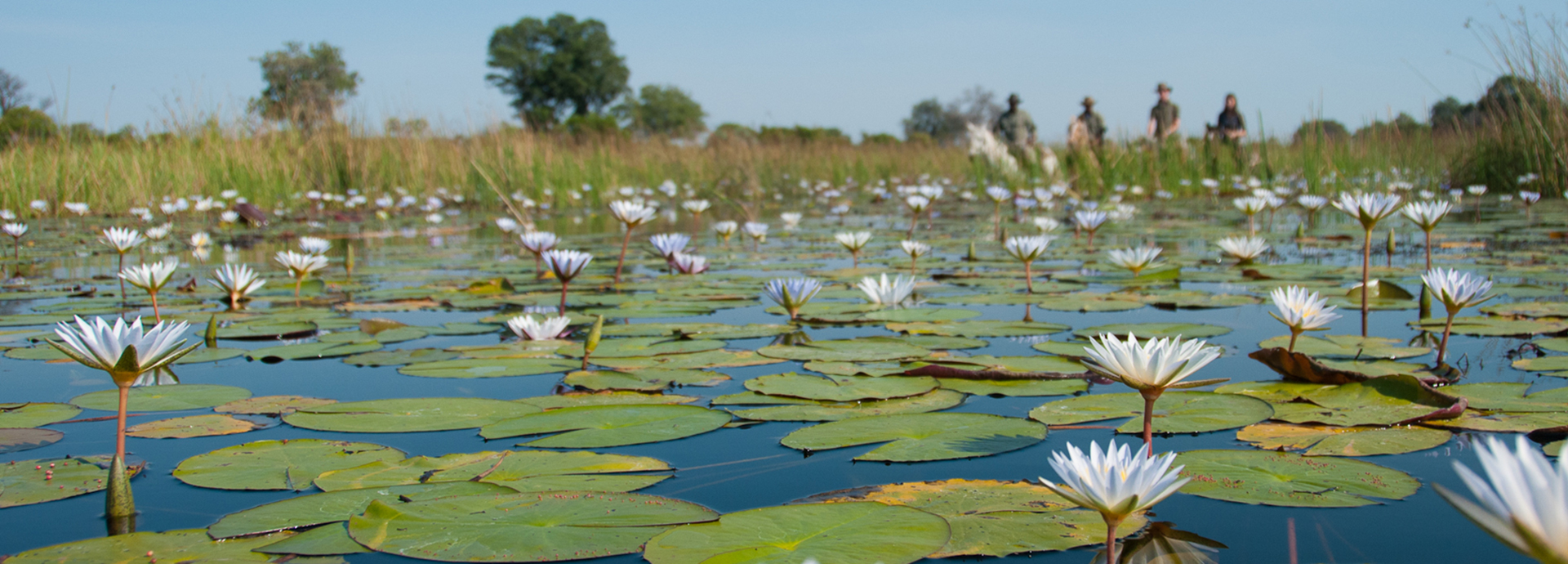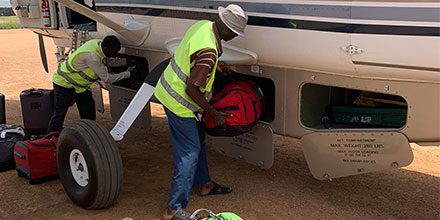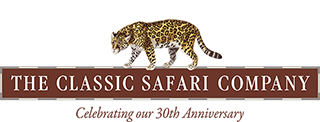
KEY INFORMATION TO PREPARE FOR YOUR JOURNEY
Located in the heart of Southern Africa, Botswana beckons with its awe-inspiring beauty and rich cultural tapestry. Bordered by Namibia to the west, Zimbabwe to the east, and boasting the spectacular Okavango Delta to the north, this enchanting country is a true gem of the region. Covering a vast expanse comparable to Spain, Botswana is a land of striking diversity, home to a vibrant array of tribes, each adding their unique hues to the cultural mosaic. With its pristine wilderness and well-preserved game reserves, Botswana promises unparalleled wildlife encounters and a chance to immerse yourself in the authenticity of its traditions.
.This information will assist in preparing for your departure and includes helpful travel hints for when you are there. For detailed pre-departure information for Africa on the whole please refer to our AFRICA pre-departure information.
PLEASE NOTE: All pre-departure information was correct at the time of writing, but should be used as a guide only since requirements can change at short notice and without warning. Consult Smart Traveller or contact the High Commission of the Republic of Botswana or the appropriate authority prior to departure to confirm all details.
AT A GLANCE
BOTSWANA KEY FACTS
Time: GMT +2 hours | AEST -8 hours
Capital: Gaborone
International Airport(s): Sir Seretse Khama International Airport (GBE), Maun Interrnational Airport (MUB) & Kasane International Airport (BBK)
Official languages: English & Tswana
Religion: The predominant religion in Botswana is Christianity
Electrical Current: 230V |South African 3 round pin -Type M
Currency: Botswanan Pula | BWP
Australian Honorary Consulate in Gaborone: A: Plot No. 50637, Block 10, Airport Road, Gaborone | T: (+267) 390 2996 | E: australia.consulate.botswana@gmail.com & botshconsul@gmail.com | https://southafrica.embassy.gov.au/
Visa: No – currently not required for Australian or New Zealand passport holders for stays of up to 90 days – refer to ‘Passport and Visa Requirements‘ for further details.
PUBLIC HOLIDAYS
January 1: New Year’s Day
Friday before Easter: Good Friday
Monday after Easter: Easter Monday
May 1: Labour Day
40 days after Easter: Ascension
July 1: Sir Seretse Khama Day
3rd Monday in July: President’s Day
3rd Tuesday in July: President’s Day
September 30: Botswana Day
October 1: Botswana Day
December 25: Christmas Day
December 26: Boxing Day
USEFUL WEBSITES
Smart Traveller – smartraveller.gov.au/destinations/africa/botswana
Travel Doctor-TMVC – https://www.traveldoctor.com.au/destinations/botswana
Botswana High Commission – http://www.botswanahighcom.org.au/
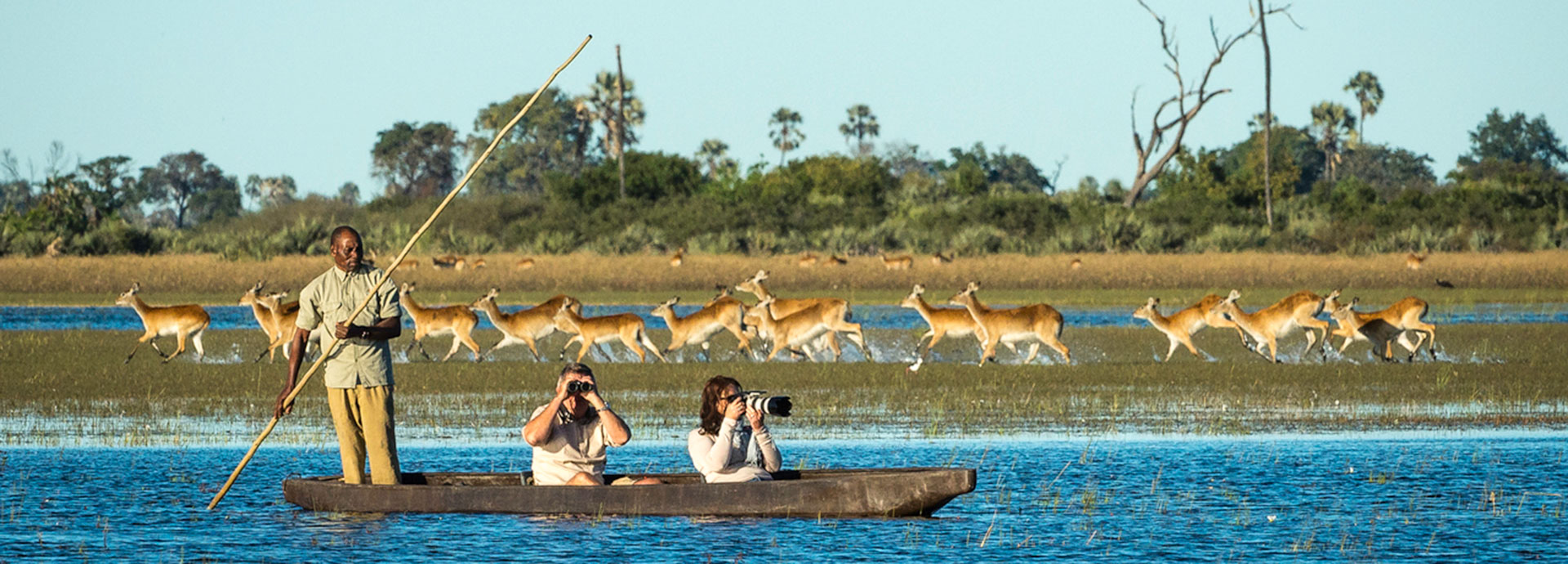
PASSPORT & VISA REQUIREMENTS
PASSPORTS
Your passport must be valid for at least six months after your return to Australia and have at least two blank pages for every entry and country you intend to visit on your journey. If your passport does not meet these requirements you must obtain a new one. The Australian Passport Office website is www.passports.gov.au.
It is a wise precaution to carry a photocopy of your passport separately and leave a copy at home. This will aid authorities in processing a new passport should yours get stolen or lost.
If you have dual citizenship and more than one passport, we strongly recommend that you use only one of these during your travels, as in some countries it is considered illegal to have two or more passports. Be sure to use the same passport on entry and exit from a country, and never surrender your passport.
If your passport name is different to your commonly used name, advise us of this and ensure your airline reservations match those of your passport name.
VISAS
Australian and New Zealand passport holders do not require a visa to enter Botswana.
Visa-free entry for Australian & New Zealand Passport holders is valid for a maximum duration stay of three months (90 days) from your date of entry.

TRAVELLING WITH CHILDREN
TRAVELLING WITH CHILDREN TO BOTSWANA
Botswana has enforced strict regulations for anyone travelling with children 18 years and under in an effort to control child trafficking. This means that parents travelling with children (18 years or under) to BOTSWANA are now requested to provide a certified / notarised copy of their child’s UNABRIDGED BIRTH CERTIFICATE. Note that if you are transitting through South Africa you may also need to present these documents.
Parents travelling with a child must produce a certified / notarised copy of the unabridged birth certificate of their child reflecting the particulars of the parents.t
An unabridged birth certificate identifies both parents of the child on the birth certificate. A certified copy is the copy of an original document that has been authorised or stamped as being a true copy. You can find a list of notaries who can witness affidavits and certify copies of documents in Australia here: www.notarylocator.com.au
If minors are not travelling with both parents identified on their birth certificate they will also need a signed affavit from the parent not present stating that they give permission for the minor to travel and giving their contact details.
If children are travelling with a guardian/s, these adults are required to produce certified affavits from both parents proving permission for the child(ren) to travel and giving their contact details.
In the event that one parent has passed away, a certified copy of the death certificate must be carried.
All documents issued in a language other than English must be accompanied by a sworn translation issued by a competent authority. All certified copies must be dated within three months of the arrival date.
All children must be in possession of a valid passport containing two blank pages for each country they intend to visit with a validity of 6 months beyond the date of their return home.
You may not always be asked to produce the documents specified but you absolutely must have them in the event they are requested either by Immigration authorities on arrival or by airline staff when you are checking in for flights. It is important to begin the process of preparing these documents well in advance, particularly if affidavits, death certificates or marriage certificates are required or if the parents name, as it appears on the child’s birth certificate, has changed.
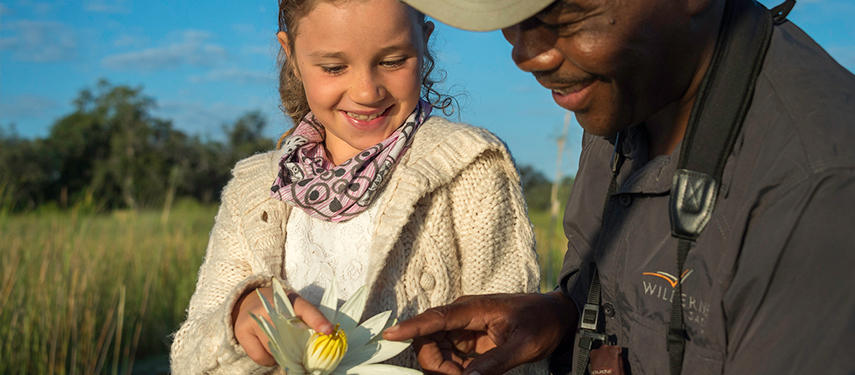
CHILD + BOTH PARENTS
Unabridged birth certficate + valid passport
CHILD + 1 PARENT
Unabridged birth certificate + court order / death certificate and /or affdavit confirming permission for travel from the absent parent + valid passport
CHILD + GUARDIAN ONLY
Unabridged birth certificate + court order / death certificate and/or affidavit confirming permission for travel from both parents + valid passport
CLIMATE, WEATHER & SEASONS
CLIMATE
Botswana’s climate is typical of Southern Africa except it is semi-arid and receives less rainfall than its neighbours.
Botswana is hot and dry for much of the year but there is a rainy season (November—March) which runs through the summer months.
Following these months the Okavango Delta tends to be in full flood which is also when temperatures begin to drop, getting to almost freezing in certain areas from June to August.
As the dry season continues temperatures begin to rise again and it is not uncommon for it to reach 40°C in October.
READ MORE
• BLOG: Amazing African migrations that must be seen to be believed
KEY SEASONS
- May to October: Usually dry, and vegetation is sparse, making it easier to spot wildlife around water sources. The days are warm, and the nights are cooler, making it a pleasant time for outdoor activities
- November to April: Also known as the green season, the rains bring greenery, flowers and lush landscapes, transforming the arid plains into a beautiful setting for photography. Many animals give birth during this period
- December to January: Generally the best time to see the zebra migration in the Makgadikgadi and Nxai Pans
| MAKGADIKGADI | JAN | FEB | MAR | APR | MAY | JUN | JUL | AUG | SEP | OCT | NOV | DEC |
|---|---|---|---|---|---|---|---|---|---|---|---|---|
| Temperature (°C) | 19-31 | 19-31 | 18-31 | 15-31 | 10-27 | 06-25 | 06-25 | 09-29 | 14-33 | 19-35 | 19-34 | 19-32 |
| Rainfall (mm) | 0-50 | 0-50 | 0-50 | 0-50 | 0-50 | 0 | 0 | 0 | 0-50 | 0-50 | 0-50 | 0-50 |
| OKAVANGO | JAN | FEB | MAR | APR | MAY | JUN | JUL | AUG | SEP | OCT | NOV | DEC |
|---|---|---|---|---|---|---|---|---|---|---|---|---|
| Temperature (°C) | 18-32 | 17-32 | 16-30 | 12-29 | 07-26 | 06-32 | 06-24 | 09-27 | 14-33 | 18-35 | 19-33 | 19-33 |
| Rainfall (mm) | 100-150 | 50-100 | 50-100 | 0-50 | 0-50 | 0-50 | 0 | 0 | 0 | 0-50 | 50-100 | 50-100 |
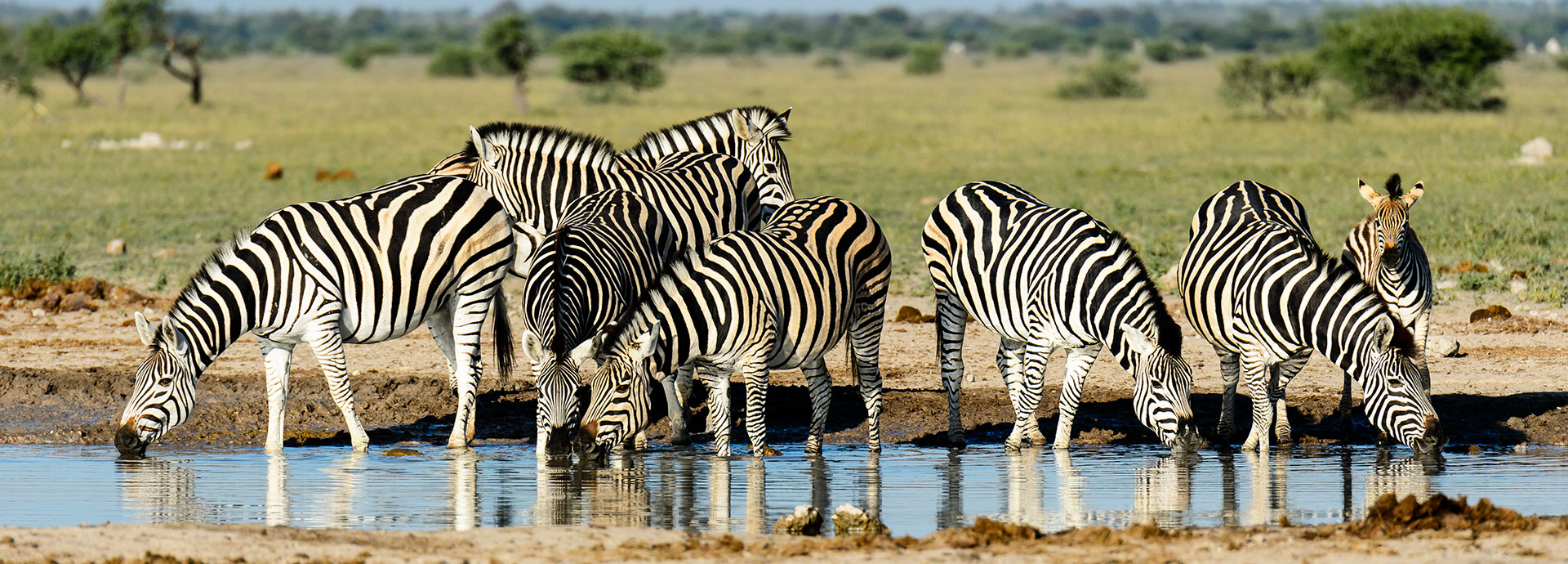
LUGGAGE & PACKING
LUGGAGE
Charter flight companies and some safari operators impose strict luggage restrictions.
The maximum luggage weight specific to your journey is 20 kgs including camera equipment and hand luggage for travel through Botswana. Your bags must be soft-shelled and malleable and not exceed the maximum dimensions of 30cm x 35cm x 70cm. Bags with wheels are not permitted in Botswana. It is often helpful to have two or more small bags rather than one large one and an easy way to make the bush pilots happy.
If your luggage does not meet the criteria the charter companies will either leave your luggage behind, charge you for an extra seat onboard the aircraft (if one is available) or charter your bags separately at your cost. The charter planes have restricted space onboard, and, above all, the regulations are in place for your safety.
And if you are wondering how to pack everything in and keep it under weight read our blog – How to pack for a safari and keep it under 15kg
For further information on luggage and what to wear refer to our main Africa pre-departure information.
CHARTER FLIGHTS
The luggage storage on many charter flights across Africa looks like this:
The weight limit is a strict safety requirement to ensure the balance and carrying capacity of small aircraft.

HEALTH & VACCINATIONS
VACCINATIONS
It may be necessary to take medical precaution prior to, and whilst travelling. As we are not qualified to offer advice, we recommend you contact your GP or the Travel Doctor-TMVC who have the most up‐to-date information available. Requirements are highly personal depending on your health profile and the activities in your itinerary. Some vaccinations must be given well in advance of travel, so we suggest seeking medical advice as soon as you start to plan your trip. Be sure to ask what vaccinations or medications may be required to enter Botswana and to re-enter Australia.
You can also refer to SmartTraveller for a guide as to what may be required, however you should always seek professional medical advice before travelling.
For further information on health and vaccinations please refer to our main Africa pre-departure information.
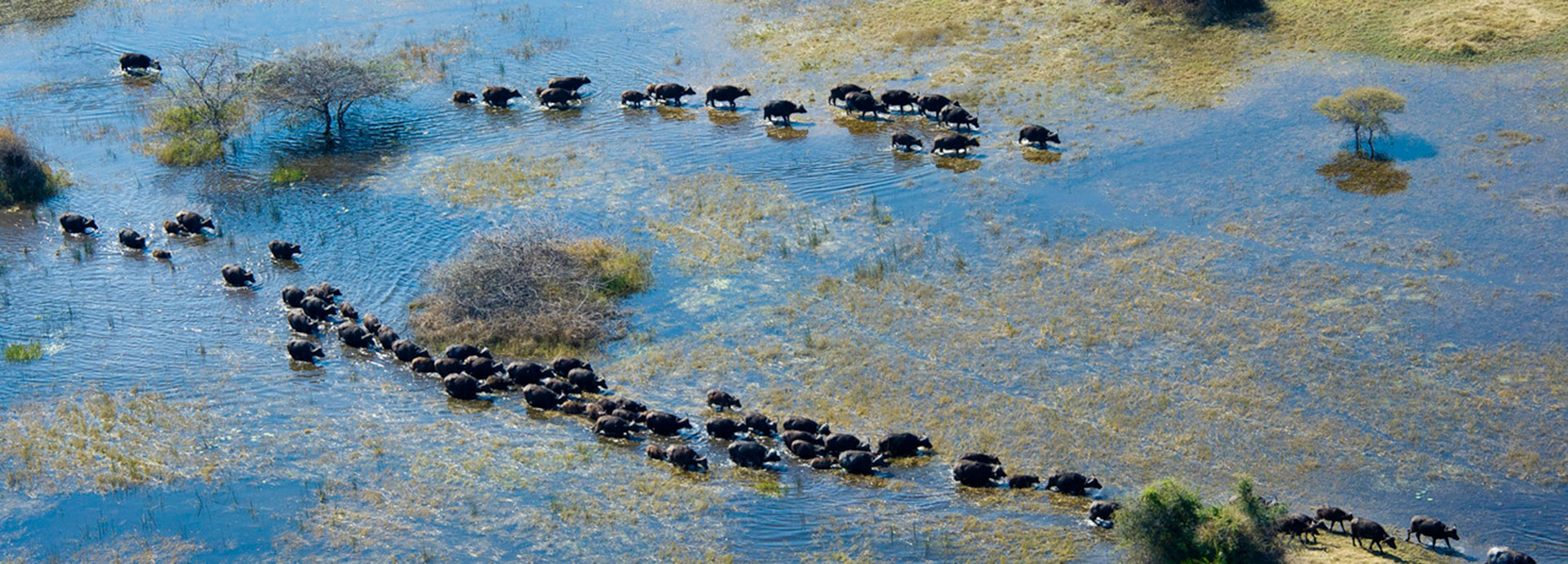
MONEY MATTERS
CURRENCY AND EXCHANGE
Botswana’s currency is the Pula (BWP) which is divided into 100 thebe. Australian dollars cannot be exchanged for Botswanan Pula so therefore it is recommended you travel with US dollars. Money can be exchanged at banks, at a Bureau de Change and often in larger hotels.
It’s best to take a mixture of money – credit card, debit card or travel cash card, plus cash just in case. Small denominations of USD are advisable – especially for tipping. If all else fails, have someone you can depend on who will make an emergency transfer of funds. USD is widely accepted and often preferred to BWP so we recommend travelling with plenty of USD.
ATM machines are available in most cities & towns, are NOT widely available beyond that so do rely on these as your sole source of funds. Please be vigilant if you do withdraw cash.
Major international credit cards such as Visa and Mastercard are widely accepted. AMEX is not so popular and in some instances is not accepted at all. Please note that you need to take your physical credit card, and you need to know your PIN number, as not all places will allow you to ‘tap’. In some cases you may also be asked to sign.
It is recommended that you DO NOT change money on the black market as you are more likely to receive a lower rate of exchange or fake notes.
TELL YOUR BANK
We highly recommend you advise your bank of your destinations and travel dates. This should prevent any of your transactions being deemed as ‘out of the ordinary’ (and possibly stopped) due to their unexpected location.
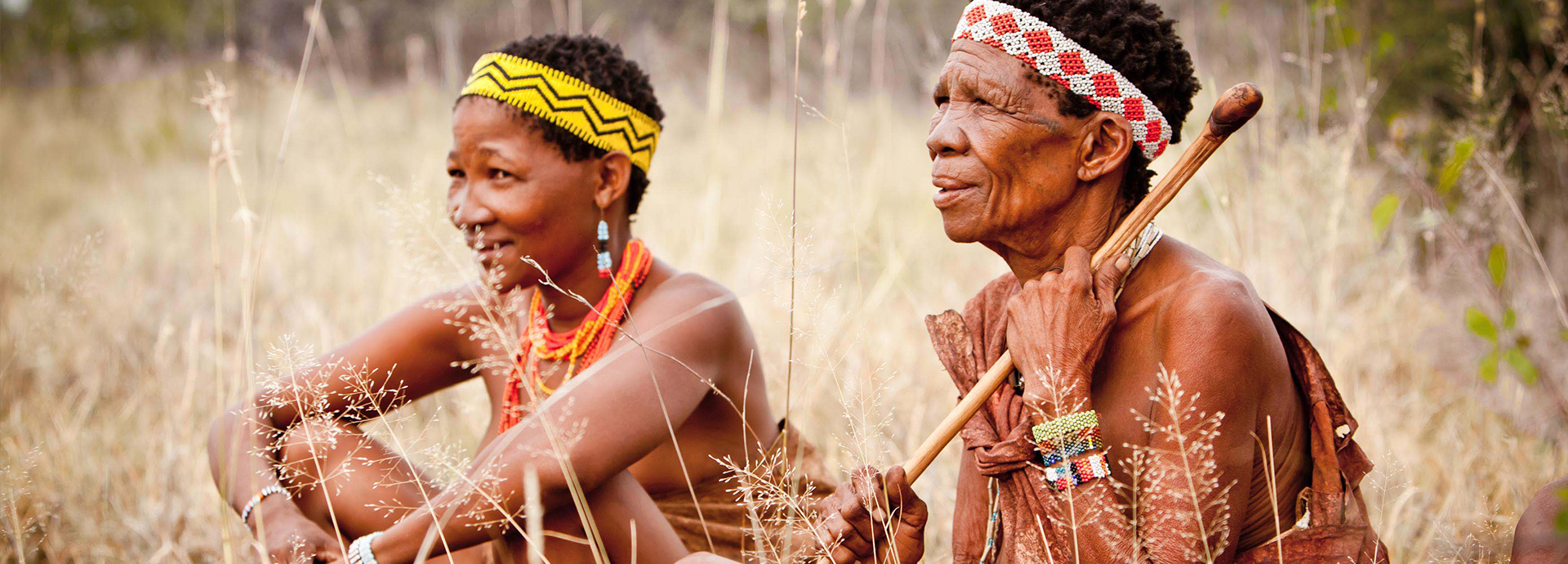
POWER, TECH & PHOTOGRAPHY
POWER
There are basically two main voltage systems used around the world: 110 Volt ‐ USA, Canada, Spain & Japan 220 Volt ‐ the rest of the world. In simple terms, the power supply available at the socket is roughly twice as powerful in 240V countries as in 110V countries.
The voltage in Botswana is 230 Volts, therefore if you wish to use any electronic devices from Canada, the US or Japan you’ll need a voltage converter AND a plug adapter. Australia operates a 220V currency and therefore you only require an adapter for Australian appliances.
The adaptor you will need for Botswana is a TYPE M or, alternatively you may prefer to invest in an International Travel Adaptor that provides you with more than one option. Many adaptors also have a USB port so you can plug your smart phone, or I‐product directly into the adaptor.
For the latest & most up to date information about voltage and what adaptors to travel with refer to: www.korjo.com
ADAPTORS
Botswana uses a 230V electrical current and a type M socket (South African 3 round pin)

